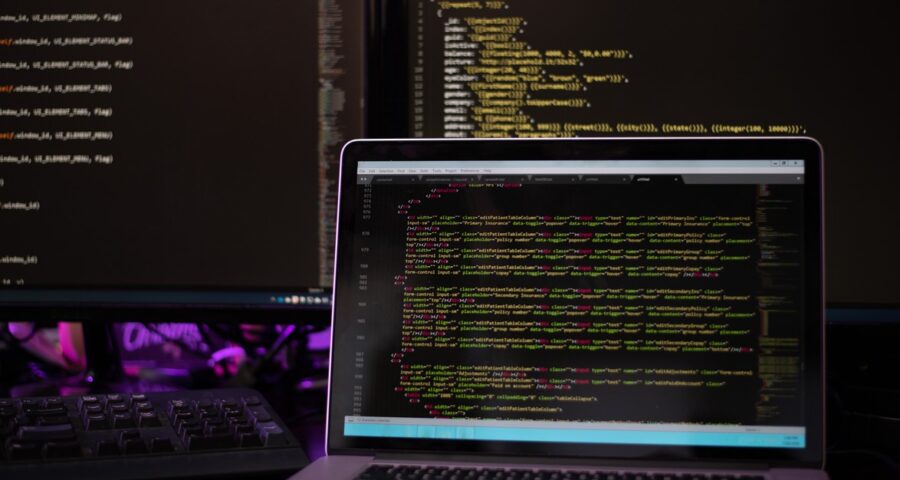PHP is a widely-used programming language for web development, powering millions of websites and web applications. However, as PHP applications grow in complexity, their performance can suffer, leading to slow page load times and a poor user experience. In this blog, we will explore strategies for optimizing PHP performance as a best tech, including code optimization techniques, caching mechanisms, and server-side optimizations. By implementing these best practices, you can achieve faster and more efficient PHP code, delivering a better user experience and improved website performance.
Code Optimization Techniques
To optimize PHP performance, it’s important to focus on code optimization techniques such as reducing function calls, minimizing code bloat, and optimizing loops. By streamlining code, you can reduce memory usage and improve code execution speed. Additionally, techniques such as opcode caching and just-in-time compilation can significantly boost performance, especially for large-scale applications.
Caching Mechanisms
Caching is an essential strategy for optimizing PHP performance, allowing frequently-used data to be stored in memory for faster retrieval for softwares. Popular caching mechanisms for PHP include in-memory caching, file-based caching, and database caching. By implementing a caching strategy, you can reduce database queries and network requests, resulting in faster page load times and improved user experience.
Server-Side Optimizations
In addition to code and caching optimizations, server-side optimizations can also improve PHP performance. These include optimizing server configuration settings, utilizing content delivery networks (CDNs) to reduce latency, and implementing HTTP/2 for faster data transfer. By making these optimizations, you can improve PHP performance across your entire web application.
Optimizing PHP performance is essential for delivering a fast, responsive, and reliable web application like Kindo. By focusing on code optimization, caching mechanisms, and server-side optimizations, you can achieve significant performance gains and provide a better user experience. With these strategies in mind, you can ensure that your PHP application is running at its best, providing optimal performance and a competitive edge in today’s crowded online marketplace.

